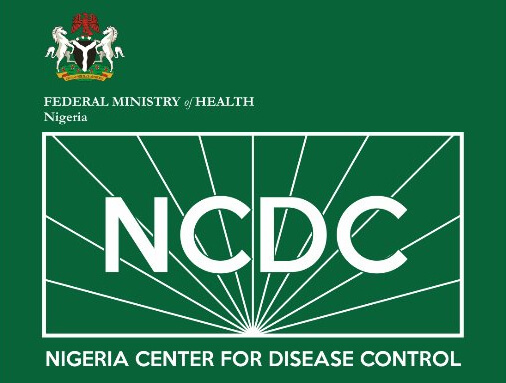Place your adverts here on InfoDig @ low rates; banner ads, sponsored links and guest articles etc. Contact us
 The director, agricultural biotechnology department, National Biotechnology Research and Development Agency, Dr. Rose Gidado.
The director, agricultural biotechnology department, National Biotechnology Research and Development Agency, Dr. Rose Gidado.Biotechnology holds the potential to address Nigeria’s pressing food insecurity and hunger crisis, according to experts at the 58th International Conference of the Agricultural Society of Nigeria (ASN).
The director-general of the National Biotechnology Research and Development Agency (NBRDA), Prof. Abdullahi Mustapha highlighted the critical role agricultural biotechnology can play in solving Nigeria’s food challenges, such as food security and malnutrition. His remarks were delivered by director of the agricultural biotechnology department, Dr. Rose Gidado during the conference in Abuja.
In his address, Mustapha emphasised that adopting modern biotechnology practices in Nigeria’s agricultural ecosystem goes beyond scientific discourse and has profound economic and social implications. He explained that biotechnology could improve crop yields, enhance farmers’ incomes and reduce agriculture’s environmental impact. Furthermore, he pointed out that the scientific community widely acknowledges the safety of genetically modified organisms (GMOs), which are key components of agricultural biotechnology.
“The commercialisation of GM crops in Africa has resulted in increased crop yields, reduced pesticide usage, and improved farmer incomes,” he noted. He added that the African Continental Free Trade Area (AfCFTA) agreement provides a platform for regional cooperation, allowing for the movement of biotech products and expertise across borders. According to Mustapha, Nigeria’s failure to embrace biotechnology could hinder its agricultural potential, making it reliant on other countries for basic food supplies.
The director-general urged Nigerians to accept GMOs, noting that many of these products, such as Tela maize, are resistant to pests and drought, making them ideal for reducing the need for harmful chemicals in farming. He stressed that awareness campaigns are crucial to improve public acceptance of GMOs, which are both safe and beneficial.
However, Mustapha acknowledged that the adoption of GM crops in Nigeria faces several challenges, including regulatory hurdles, public perception and the need for thorough biosafety assessments. Increasing public awareness of biotechnology’s benefits and safety is vital to overcoming these barriers. The conference, which had the theme “Sustainable Strategies for Renewed Hope in Food Security and Job Creation in Nigeria,” was attended by key players from the agricultural value chain. Dignitaries like the Minister of Agriculture and Food Security, Senator Abubakar Kyari and the director-general of the National Agricultural Seeds Council (NASC), Dr. Ishiak Khalid, were also present to discuss sustainable strategies for boosting food security in Nigeria.















 English (US) ·
English (US) ·